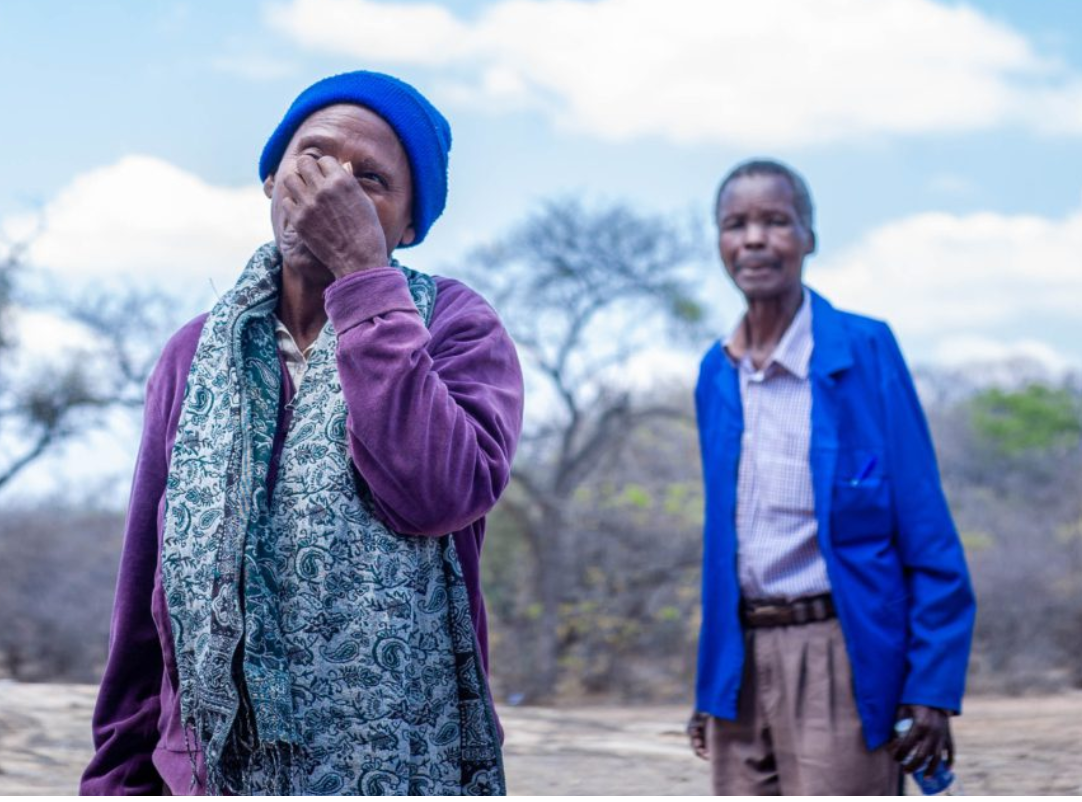Amnesty International has recently highlighted Zimbabwe’s urgent need to address the issue of statelessness among its citizens.
The United Nations High Commissioner for Refugees (UNHCR) defines statelessness as a condition where a person lacks nationality under any state’s laws.
Simply put, a stateless individual does not have citizenship in any country, leaving them without legal protection.
While some individuals are born stateless, others become stateless due to various circumstances beyond their control.
Zimbabwe is currently grappling with a significant number of stateless people, primarily descendants of migrants from Malawi, Mozambique, and Zambia.
These migrants often lacked the necessary documentation, preventing their children from obtaining identity papers and perpetuating statelessness.
The Gukurahundi disturbances in Matabeleland exacerbated this problem, leaving many children without parents or crucial documentation.
Families who lost their belongings during the violence struggled to secure birth certificates for their children, compounding the issue.
Additionally, many Zimbabweans who migrated illegally to South Africa face similar challenges in obtaining registration documents for their children.
Upon returning to Zimbabwe, they encounter bureaucratic obstacles at the Registrar’s office, where proof of local birth is often required.
This requirement poses significant difficulties for those born outside Zimbabwe or whose birth records have been lost.
During a recent parliamentary public hearing, Honourable Albert Ngulube expressed concern over the potential security risks posed by undocumented individuals.
He noted that without proper documentation, such individuals could engage in criminal activities without being traceable, as they lack fingerprint records at the central registry.
This concern underscores the importance of addressing the issue of statelessness not only for individual rights but also for national security.
Opposition forces in Zimbabwe have been advocating for the registration of undocumented populations, arguing that everyone has the right to citizenship and the protections it affords.
Citizenship provides individuals with access to education, healthcare, and employment opportunities, as well as the right to vote and participate in the political process.
However, some members of the ruling party argue for stringent scrutiny to protect the country from potential external threats.
This political debate particularly affects the people of Matabeleland, many of whom are not migrants but are Zimbabwean citizens with no other homeland.
These cases highlight the need for government intervention, especially considering that it has been nearly 40 years since the Gukurahundi disturbances, affecting more than one generation.
Further complicating matters, individuals of Malawian origin born to children of migrants who arrived during the period of the federation face unique challenges.
Despite being born in Zimbabwe, they cannot claim Malawian citizenship due to Malawian law, which prevents citizenship claims after the age of 21.
Consequently, these individuals find themselves in a precarious position, unable to assert their right to citizenship in either country.
As the debate on statelessness and potential solutions continues, Zimbabwe must reconsider its policies to ensure that all deserving individuals can obtain identity documents.
Political interference currently complicates this process, as Members of Parliament and local Councillors involve themselves in the issue, often writing confirmation letters for people to take to the Central Registry.
Given the toxicity of Zimbabwe’s political landscape, some individuals may be unfairly denied these letters unless they pledge support to the representative’s party.
This situation not only undermines the rights of stateless individuals but also perpetuates a cycle of exclusion and marginalization that must be addressed urgently.



